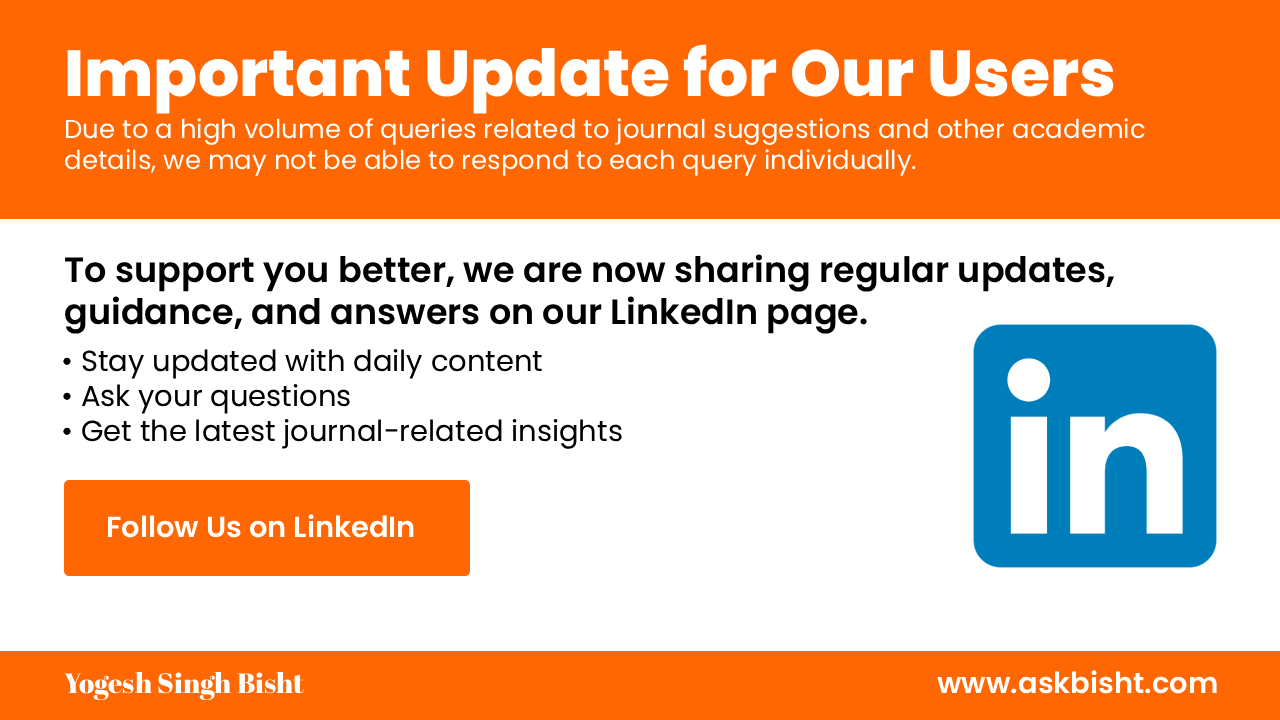Research in Autism Spectrum Disorders
Published by Elsevier (Journal Finder)
ISSN : 1750-9467 eISSN : 1878-0237
Abbreviation : Res. Autism Spectr. Disord.
Aims & Scope
Research in Autism Spectrum Disorders (RASD) publishes high quality empirical articles and reviews that contribute to a better understanding of Autism Spectrum Disorders (ASD) at all levels of description; genetic, neurobiological, cognitive, and behavioral.
The primary focus of the journal is to bridge the gap between basic research at these levels, and the practical questions and difficulties that are faced by individuals with ASD and their families, as well as carers, educators and clinicians.
In addition, the journal encourages submissions on topics that remain under-researched in the field.
We know shamefully little about the causes and consequences of the significant language and general intellectual impairments that characterize half of all individuals with ASD.
We know even less about the challenges that women with ASD face and less still about the needs of individuals with ASD as they grow older.
Medical and psychological co-morbidities and the complications they bring with them for the diagnosis and treatment of ASD represents another area of relatively little research.
At RASD we are committed to promoting high-quality and rigorous research on all of these issues, and we look forward to receiving many excellent submissions.
View Aims & ScopeMetrics & Ranking
Impact Factor
| Year | Value |
|---|---|
| 2025 | 2.1 |
| 2024 | 2.20 |
SJR (SCImago Journal Rank)
| Year | Value |
|---|---|
| 2024 | 0.828 |
Quartile
| Year | Value |
|---|---|
| 2024 | Q2 |
h-index
| Year | Value |
|---|---|
| 2024 | 100 |
Journal Rank
| Year | Value |
|---|---|
| 2024 | 6453 |
Journal Citation Indicator
| Year | Value |
|---|---|
| 2024 | 1138 |
Impact Factor Trend
Abstracting & Indexing
Journal is indexed in leading academic databases, ensuring global visibility and accessibility of our peer-reviewed research.
Subjects & Keywords
Journal’s research areas, covering key disciplines and specialized sub-topics in Medicine and Psychology, designed to support cutting-edge academic discovery.
Most Cited Articles
The Most Cited Articles section features the journal's most impactful research, based on citation counts. These articles have been referenced frequently by other researchers, indicating their significant contribution to their respective fields.
-
The clinical use of robots for individuals with Autism Spectrum Disorders: A critical review
Citation: 466
Authors: Joshua J., Lauren M., Michael, Charles R.
-
Language acquisition in autism spectrum disorders: A developmental review
Citation: 343
Authors: Inge-Marie, Ashley B., Jillian M., Elizabeth
-
Outcomes in adolescents and adults with autism: A review of the literature
Citation: 336
Authors: Alissa, Adrienne
-
A meta-analytic study on the effectiveness of comprehensive ABA-based early intervention programs for children with Autism Spectrum Disorders
Citation: 299
Authors: Nienke, Robert, Hubert, Peter
-
Physical exercise and individuals with autism spectrum disorders: A systematic review
Citation: 295
Authors: Russell, Lynn Kern, Kristen, April, Whitney, Whitney
-
The quality of life of parents of children with autism spectrum disorder: A systematic review
Citation: 294
Authors: Eleni, Joy
-
“My greatest joy and my greatest heart ache:†Parents’ own words on how having a child in the autism spectrum has affected their lives and their families’ lives
Citation: 291
Authors: Barbara J., Virginia H., Robin P.
-
Preliminary evidence suggesting caution in the use of psychiatric self-report measures with adolescents with high-functioning autism spectrum disorders
Citation: 266
Authors: C.A., J., D.P.
-
Effects of physical exercise on Autism Spectrum Disorders: A meta-analysis
Citation: 262
Authors: Michelle, Ruud
